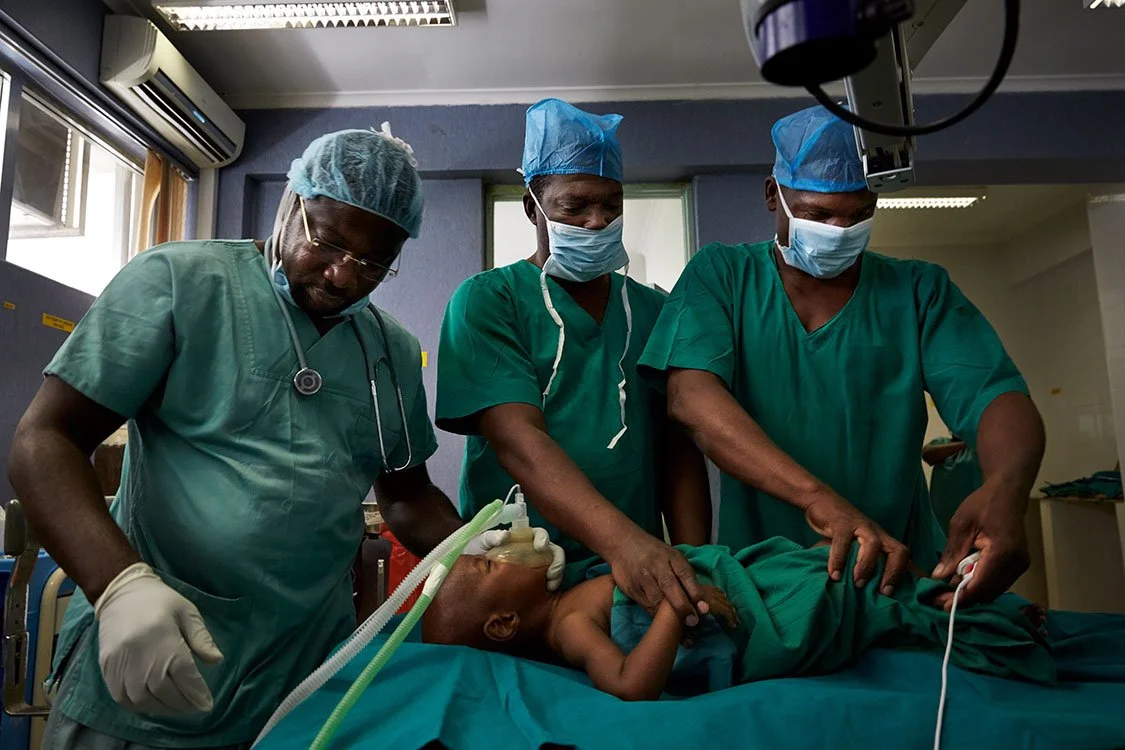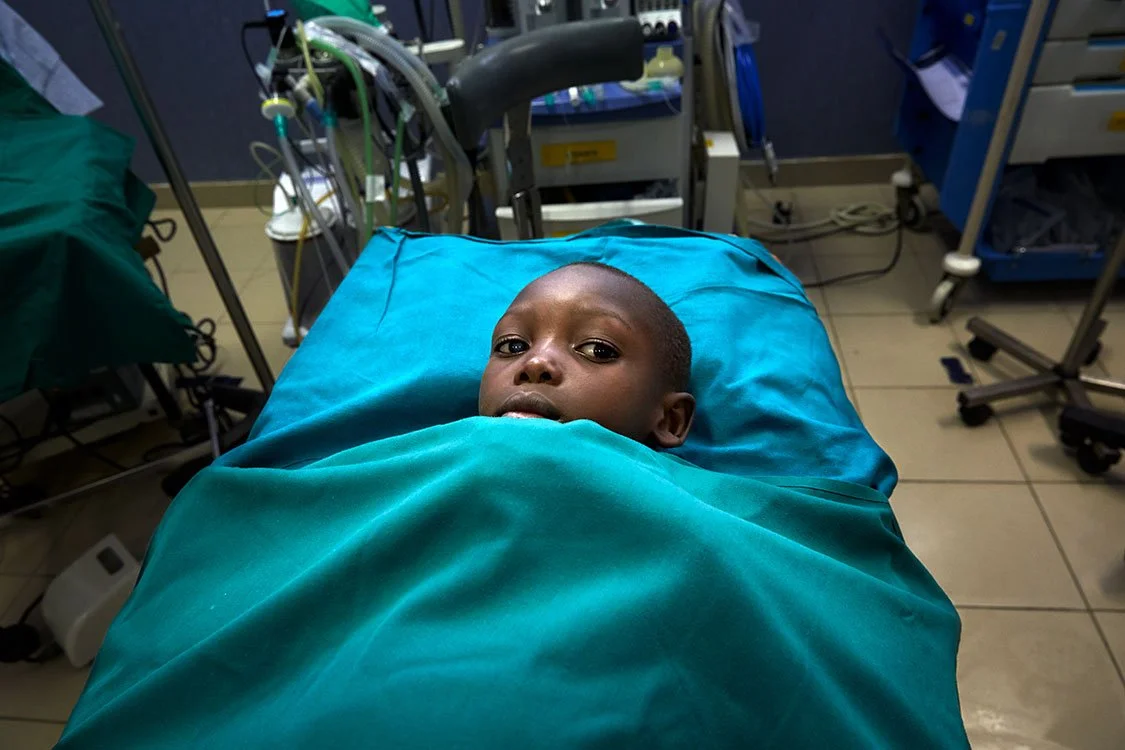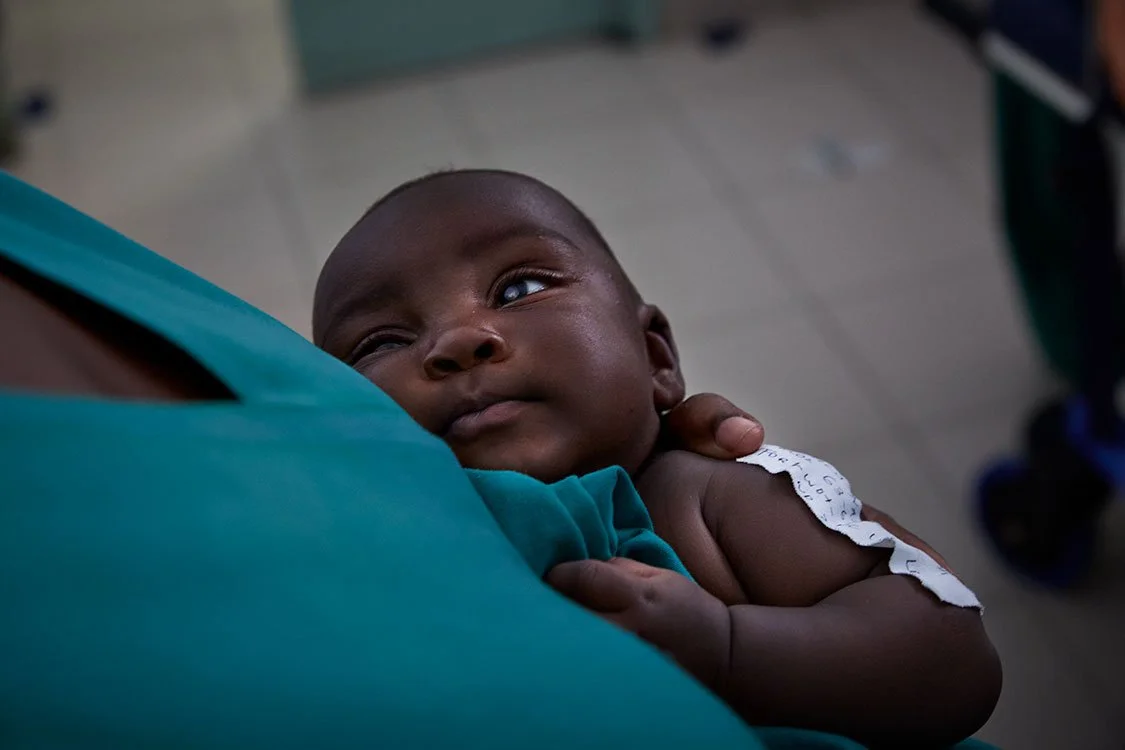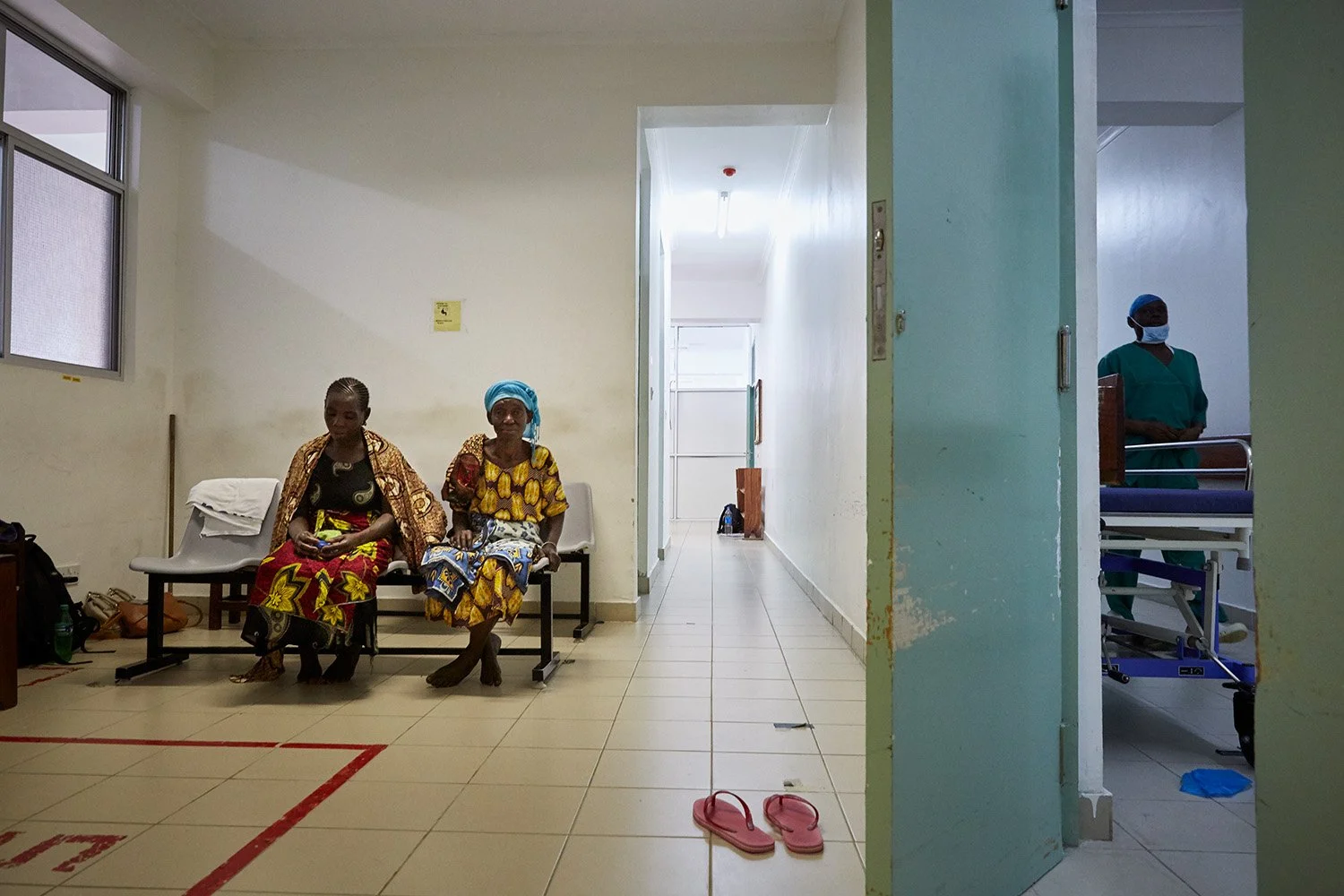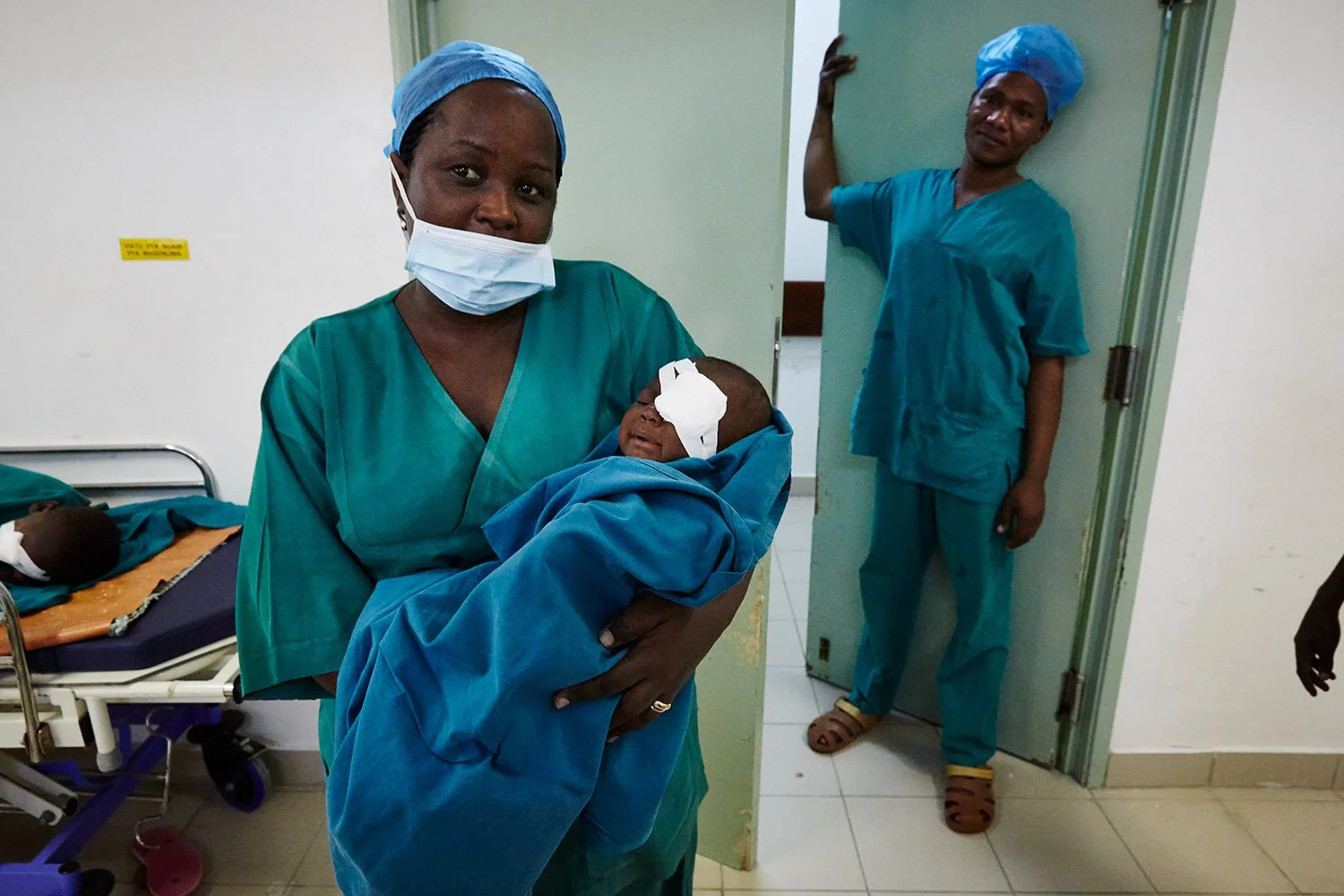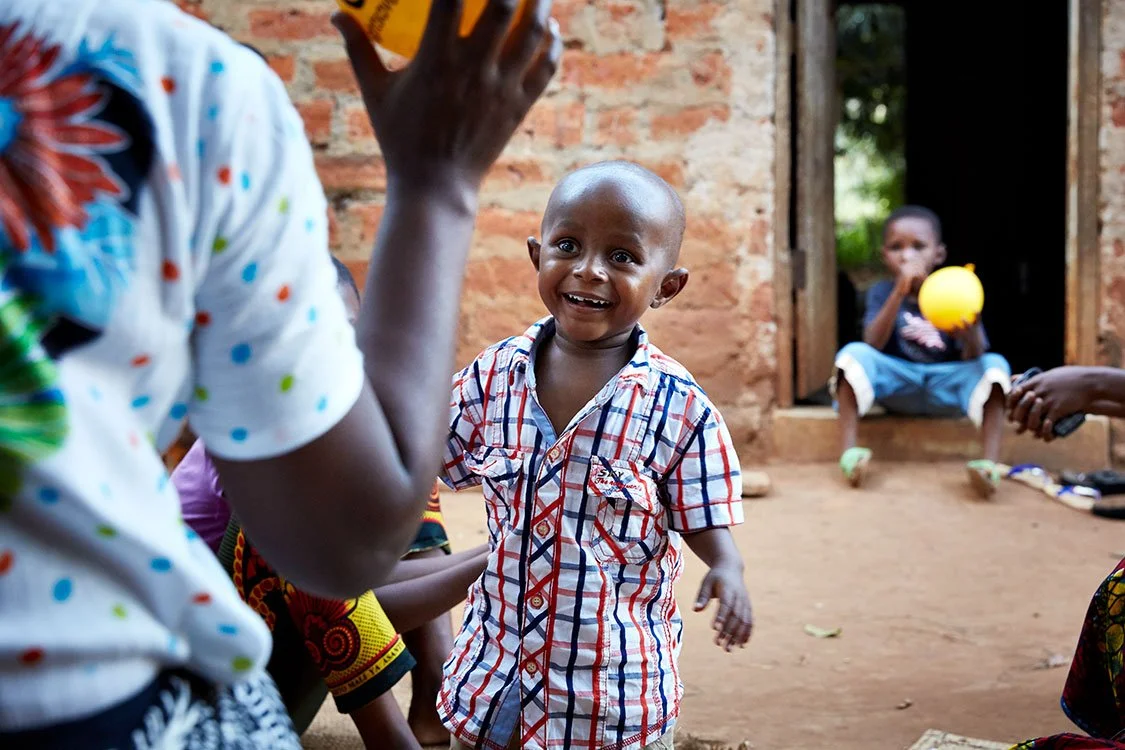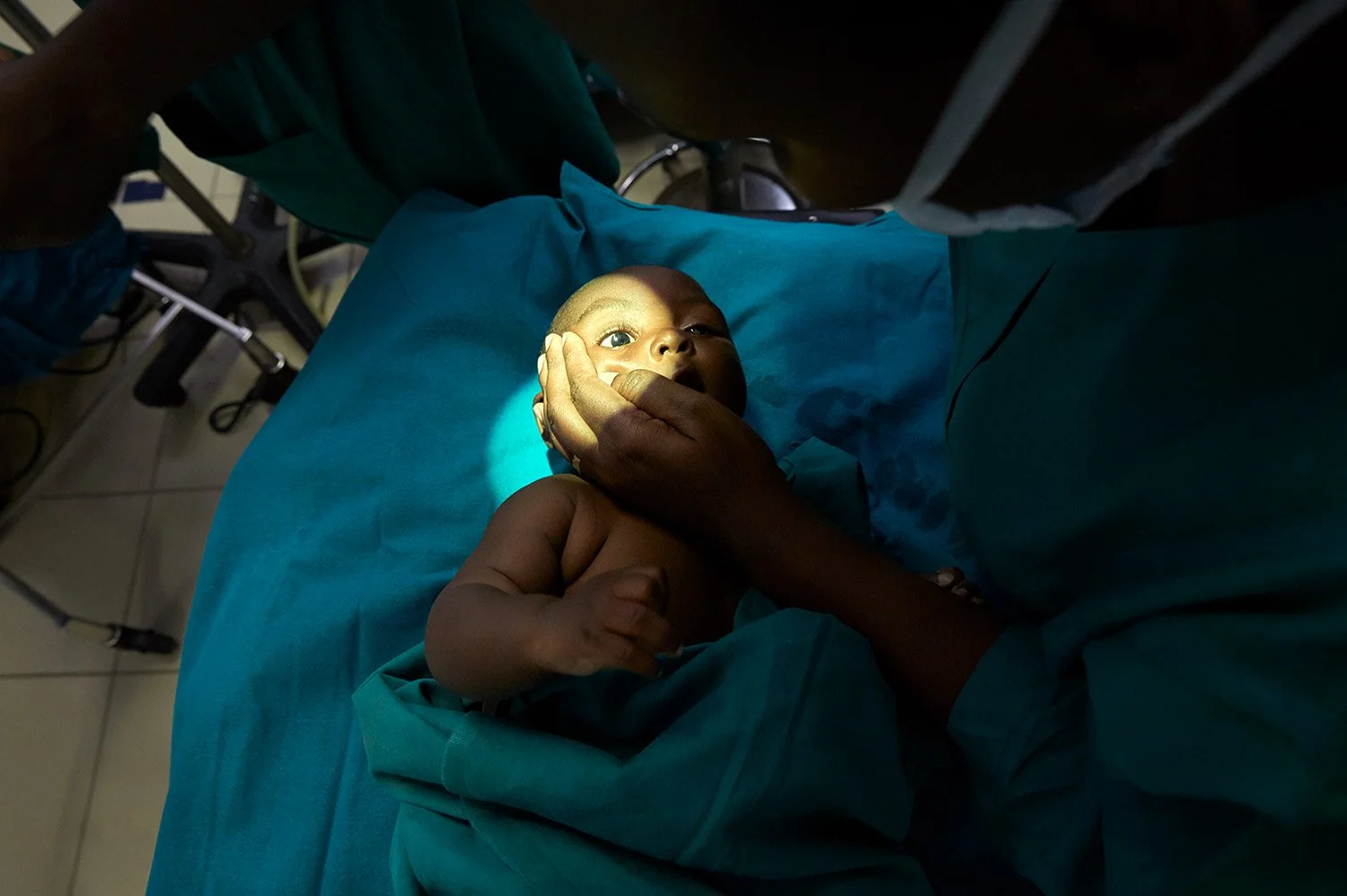
Sightsavers
Tanzania, 2016
In 2016, I travelled toTanzania to spend time with several families whose children were living with cataracts — a condition that, if untreated early, can leave a child with permanent vision problems. By Western standards, the surgery is simple and inexpensive, but in a country where most people live on little more than a dollar a day, even the bus fare to a clinic can be out of reach. Cataracts affect not only a child’s sight but also their confidence, play, and education, while parents — often mothers — are forced to give up work to care for them. I joined the families to the hospital and witnessed the extraordinary moment when children saw clearly for the first time, a reminder of how life-changing access to basic treatment can be, and how challenging it is to deliver in remote areas with limited infrastructure.
Paulo with his mother Imelda at their home in Peko Misegese Village, not far from Malali, Tanzania, 2016. Paulo has a cataract in one eye.
Dr. Ashraf, Mkenge Village, near Morogoro, Tanzania, 2016.
Paulo's eyes are examined, Muhimbili Hospital, Dar Es Salaam, Tanzania, 2016.
Haji has a cataract in his right eye that has been impairing his vision since October 2015.
Haji’s eye’s are tested by Dr. Ashraf as his father looks on, Tanzania, 2016.
Haji doodles on a blackboard at the local school, Tanzania, 2016. When he grows up, he says he wants to be a farmer like his dad.
Baraka with his mother Zena at home Mkenge Village, near Morogoro, Tanzania, 2016.
Baraka on his mothers arms, Mkenge Village, near Morogoro, Tanzania, 2016.
From left to right: Elizabeth, Imelda and Zena share an ambulance which is on its way to Muhumbili Hospital in Tanzania’s capital, Dar Es Salaam, 2016.
Haji 's eyes are tested, Muhimbili Hospital, Dar Es Salaam, Tanzania, 2016.
Hallway at Muhimbili Hospital, Dar Es Salaam, Tanzania, 2016.
Haji has his eyes tested again, Muhimbili Hospital, Dar Es Salaam, Tanzania, 2016.
Waiting room, Muhimbili Hospital, Dar Es Salaam, Tanzania, 2016. Dr Nyaluke: “Coming to us is an issue. The families are afraid to travel long distances, coming to a big city like this. Even if they want to, even if they are not afraid they may have no transport, no money to make them come this far.”
Paulo & Baraka wait, Muhimbili Hospital, Dar Es Salaam, Tanzania, 2016.
Entrance to the O.R., Muhimbili Hospital, Dar Es Salaam, Tanzania, 2016.
Baraka is taken into the operating theatre, Muhimbili Hospital, Dar Es Salaam, Tanzania, 2016. Dr Nyaluke: “The difference between [cataracts in] adults and children is that adults can be done under local anaesthesia so we just give an injection, and after half an hour/45 mins it is done. But for children you have to give general anaesthesia so there are a lot of other things that come.”
Two surgical staff gently move Baraka onto the operating table, while the anaesthetist keeps the mask in place, Muhimbili Hospital, Dar Es Salaam, Tanzania, 2016. Dr Nyaluke: “With children you cannot predict the time – sometimes there is difficulty with intubation, sometimes you can’t find the vein. The operation can take half an hour or it can end up taking one hour or even one and a half hours – it is not predictable in children.”
Haji looks out from under his blanket as he waits for the his anaesthetic, Muhimbili Hospital, Dar Es Salaam, Tanzania, 2016.
Paulo is carried into the O.R. by a member of the surgical staff, Muhimbili Hospital, Dar Es Salaam, Tanzania, 2016.
Paulo is calmed down by a member of the surgical staff at Muhimbili Hospital, Dar Es Salaam, Tanzania, 2016.
Paulo’s mother, Imelda and Haji’s grandmother, Elizabeth, waiting during the children's surgery, Muhimbili Hospital, Dar Es Salaam, Tanzania, 2016.
A drip attached to Paulo's hand, Muhimbili Hospital, Dar Es Salaam, Tanzania, 2016.
A member of the surgical staff carries Paulo out of the O.R., Muhimbili Hospital, Dar Es Salaam, Tanzania, 2016.
Magda’s surgery is delayed, as more tests need to be done. Muhimbili Hospital, Dar Es Salaam, Tanzania, 2016.
Baraka’s cataract were removed successfully, Muhimbili Hospital, Dar Es Salaam, Tanzania, 2016.
His eye sight fully restored, Baraka laughs as he sees a relative Mkenge Village, near Morogoro, Tanzania, 2016.

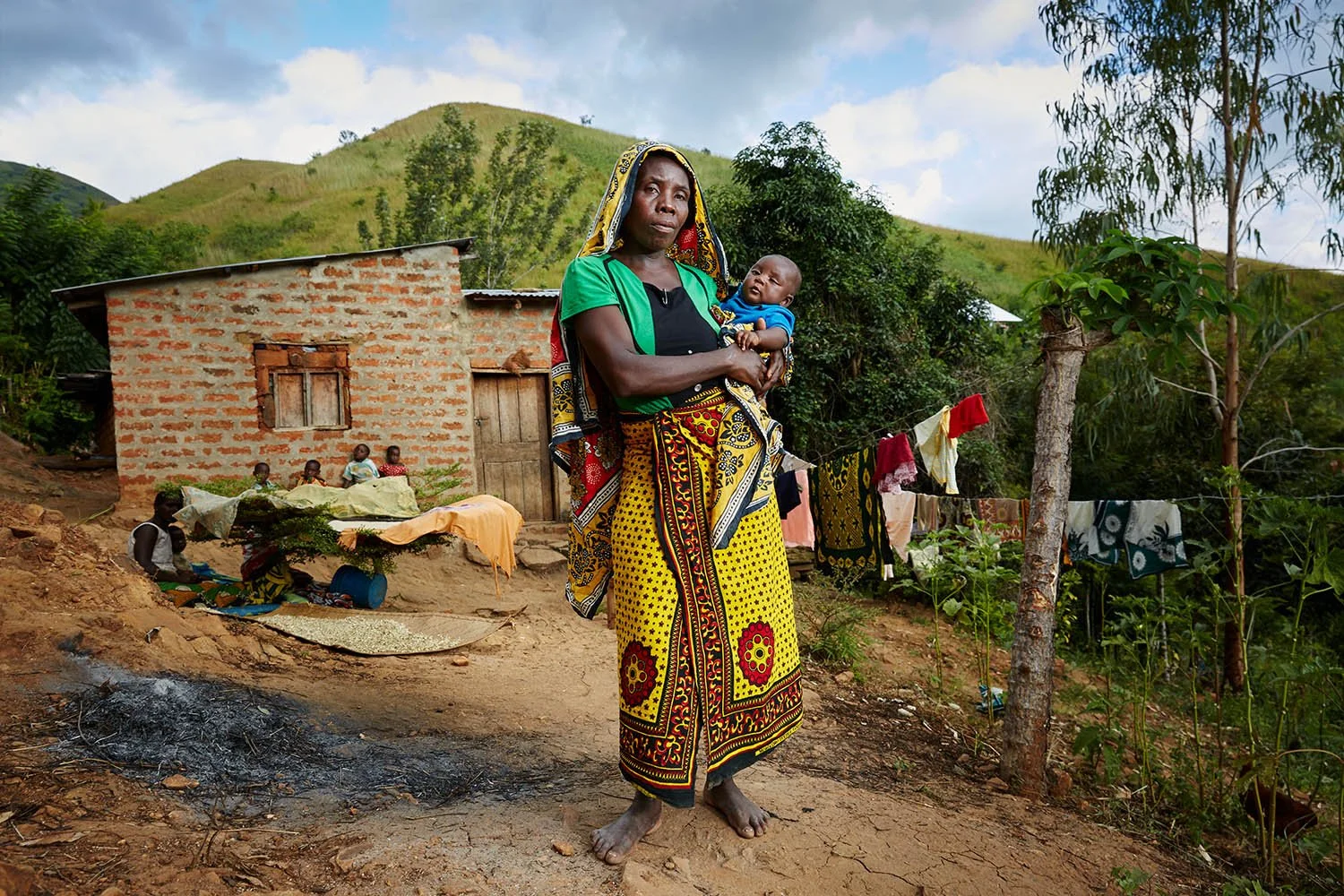
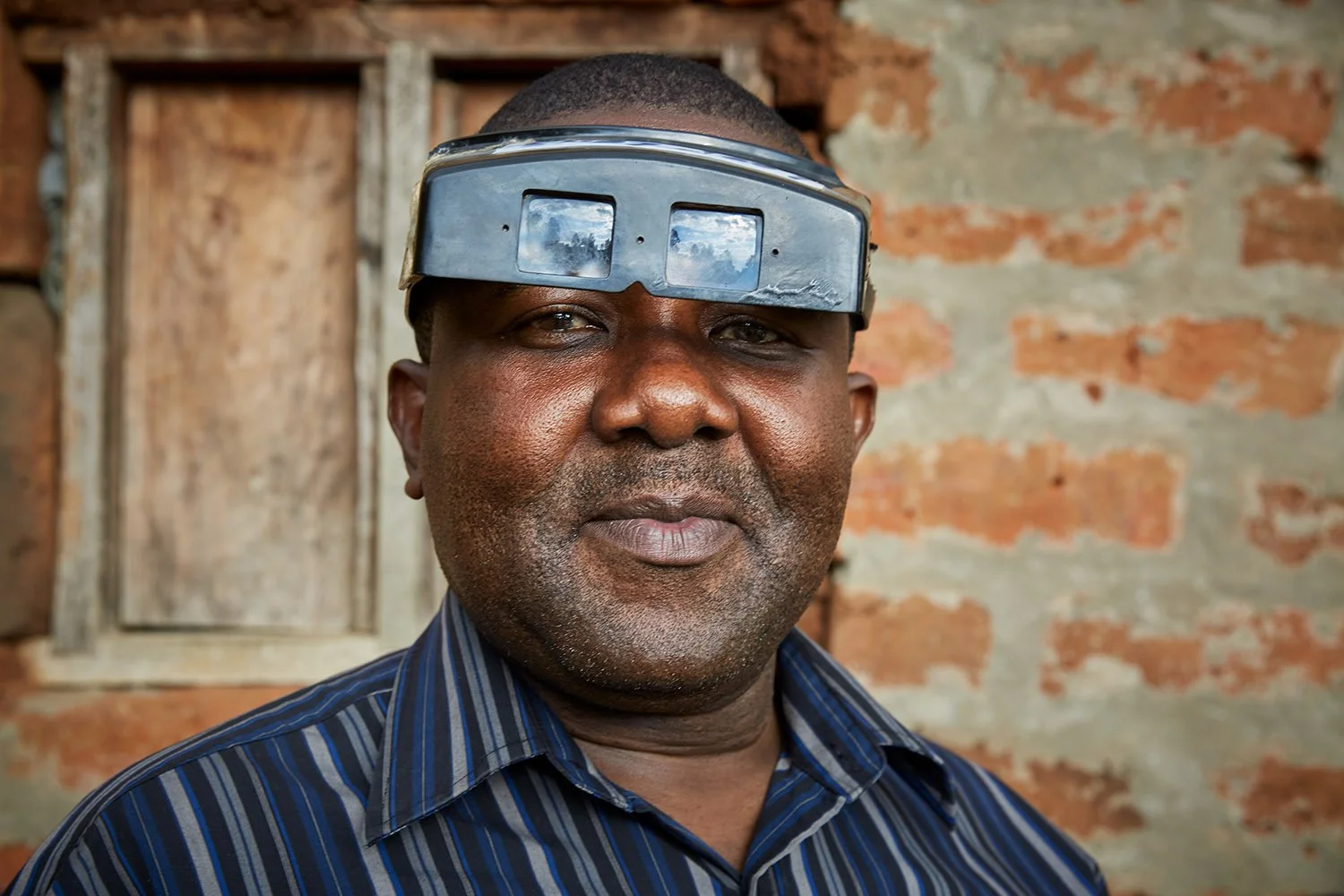
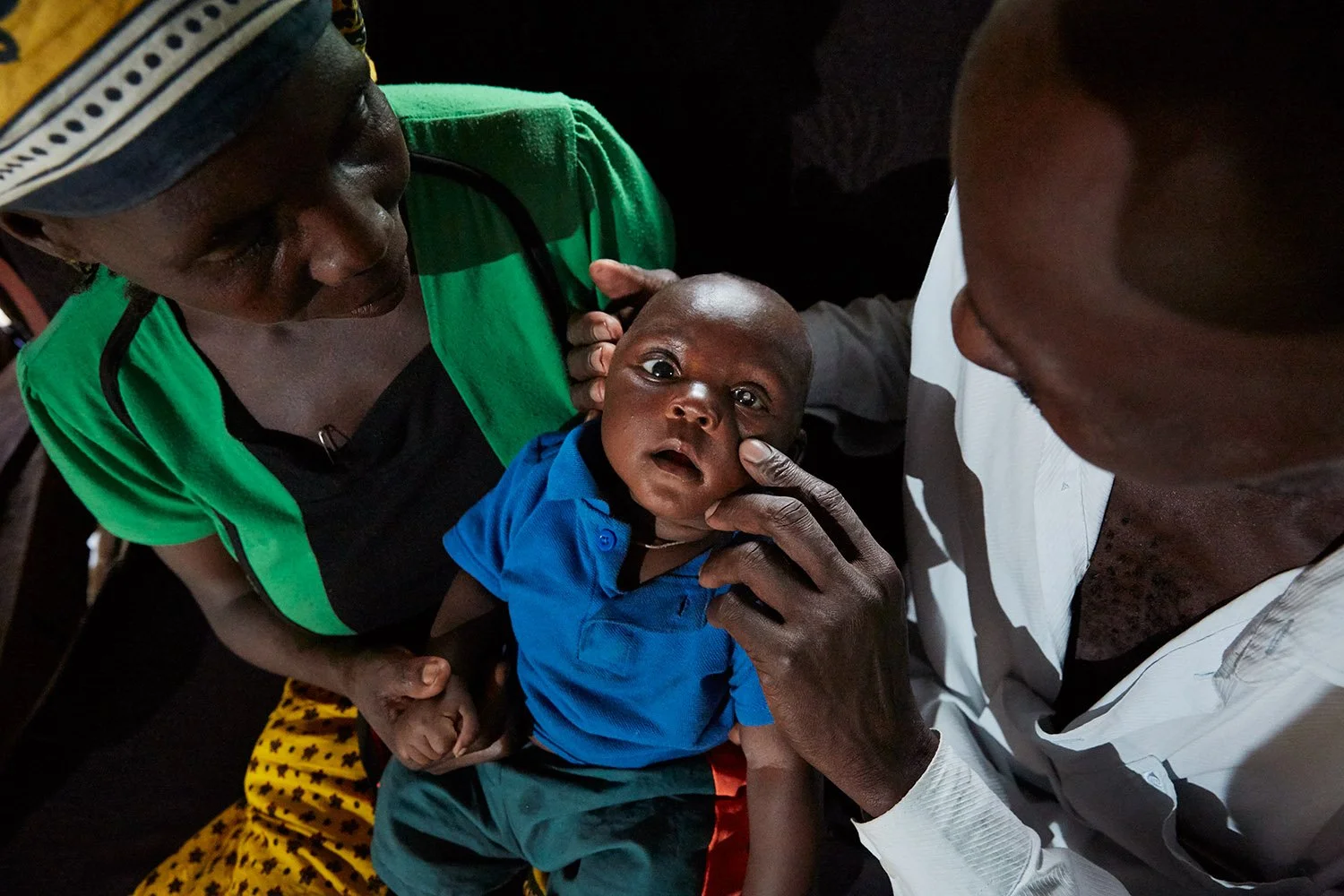

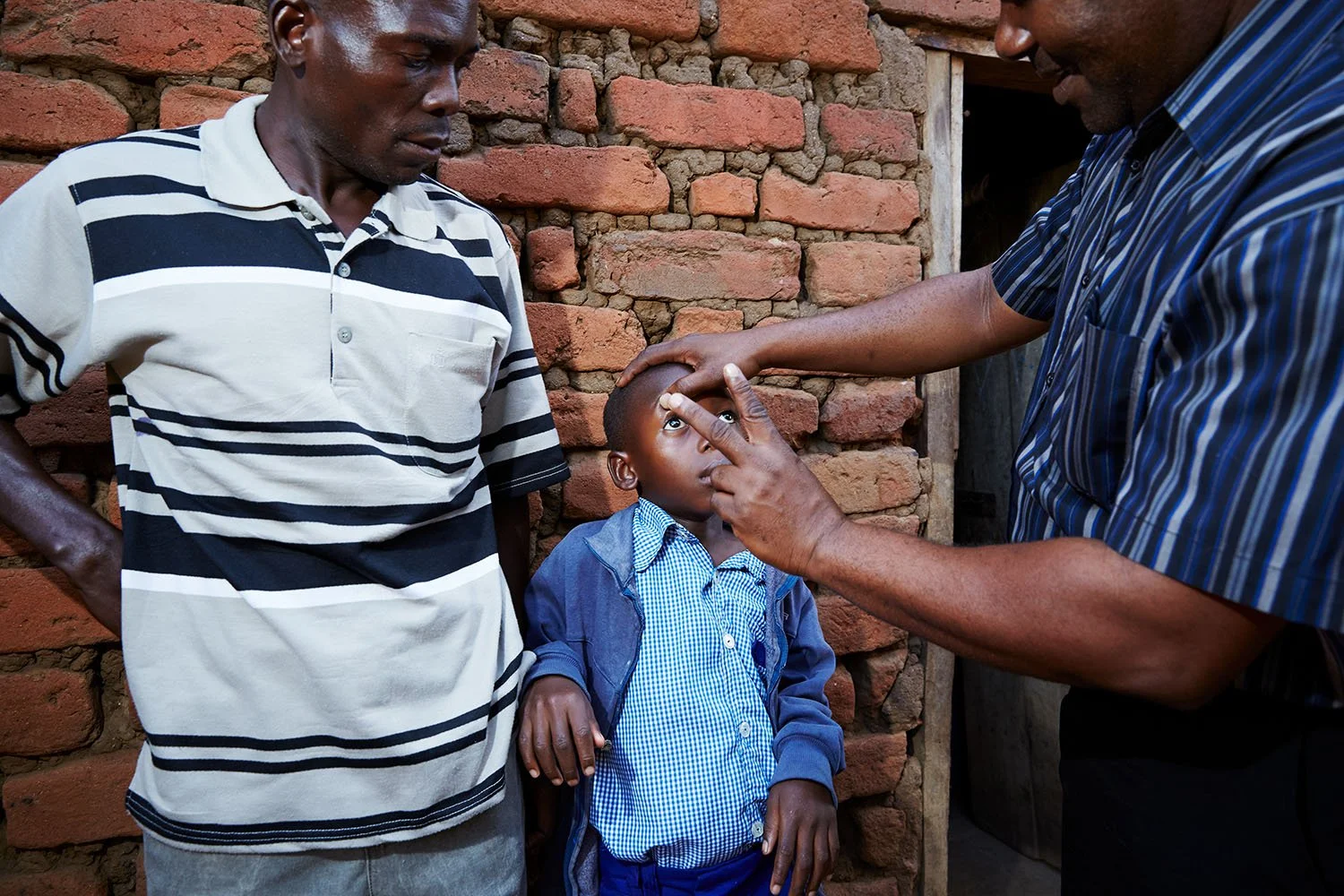
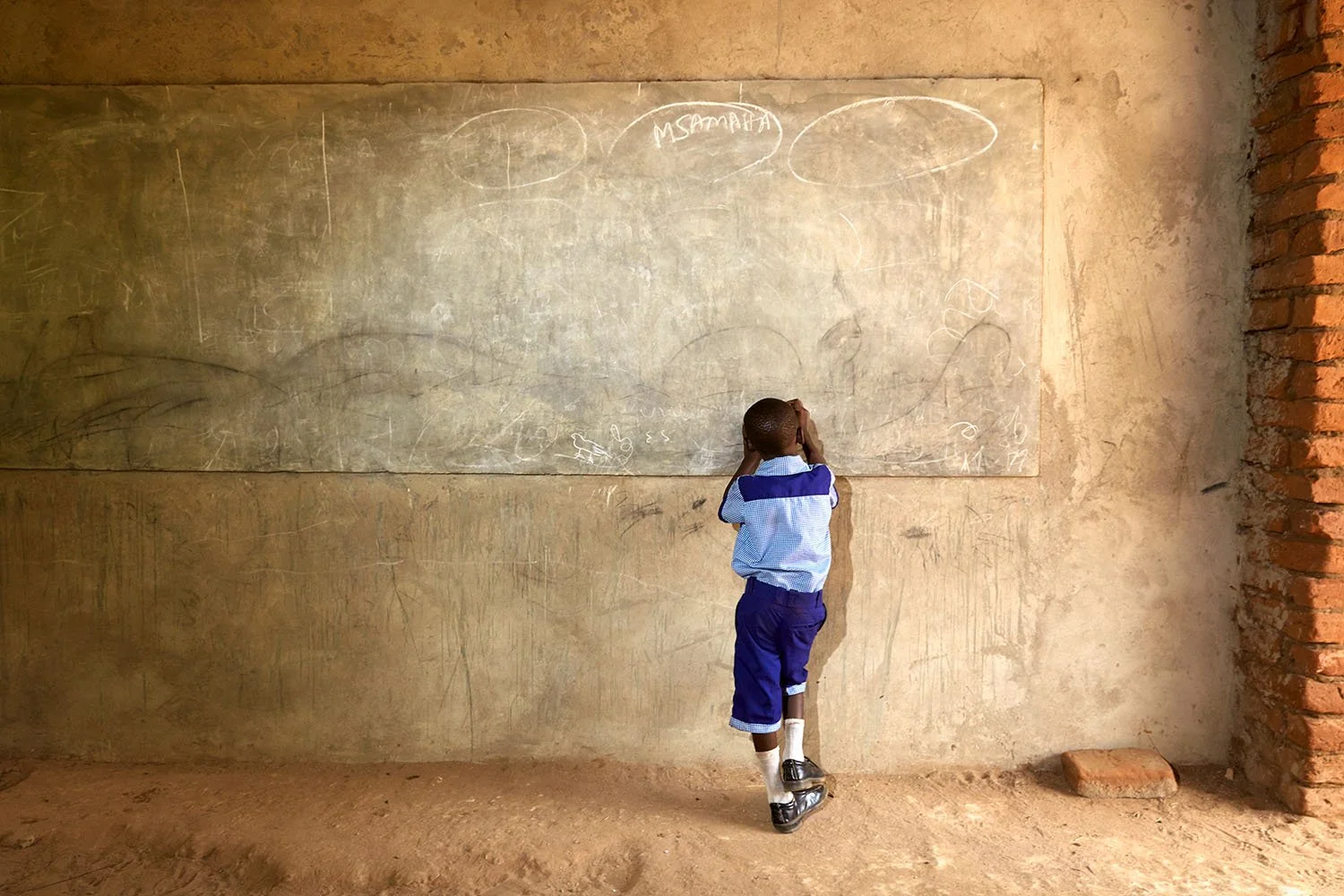
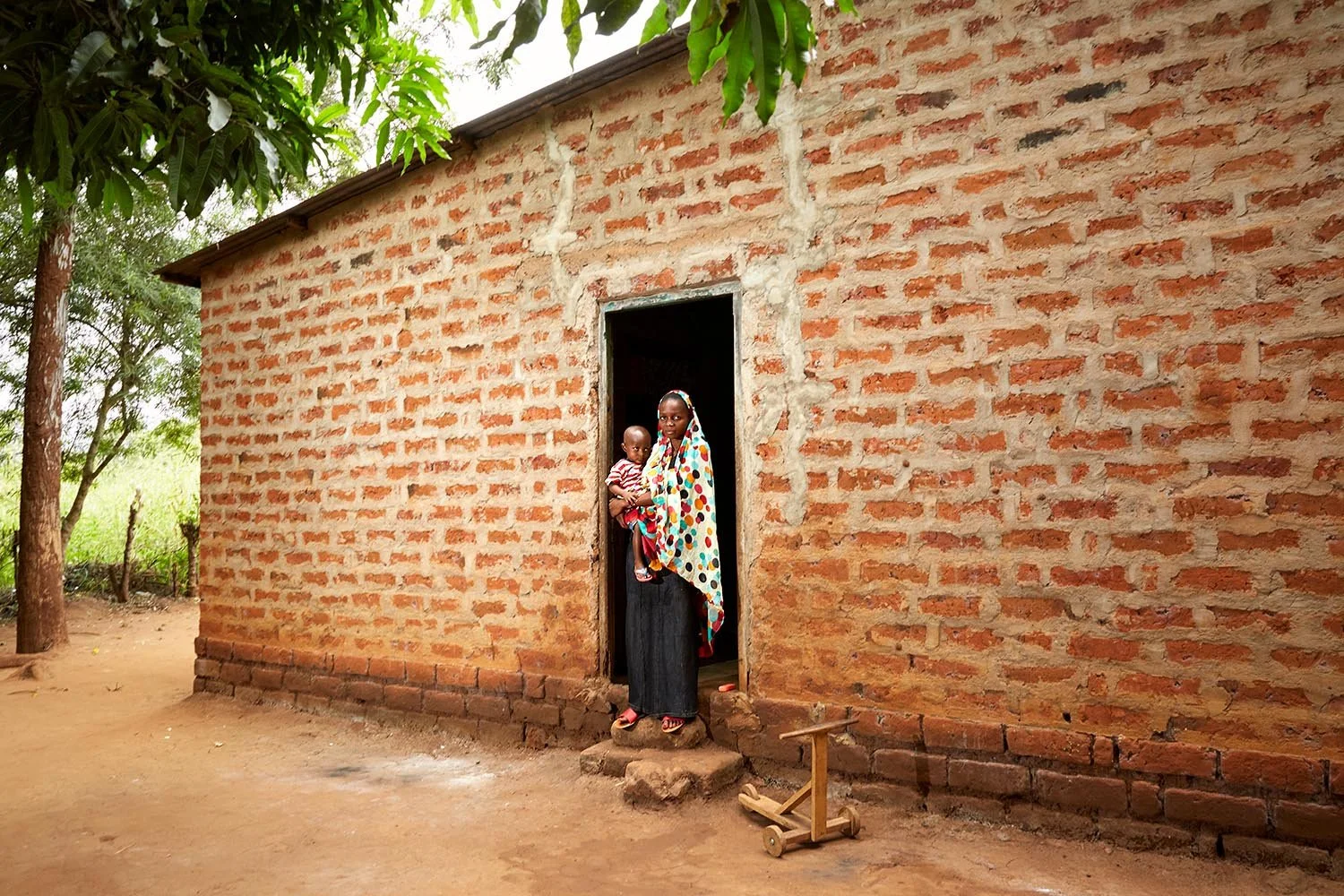
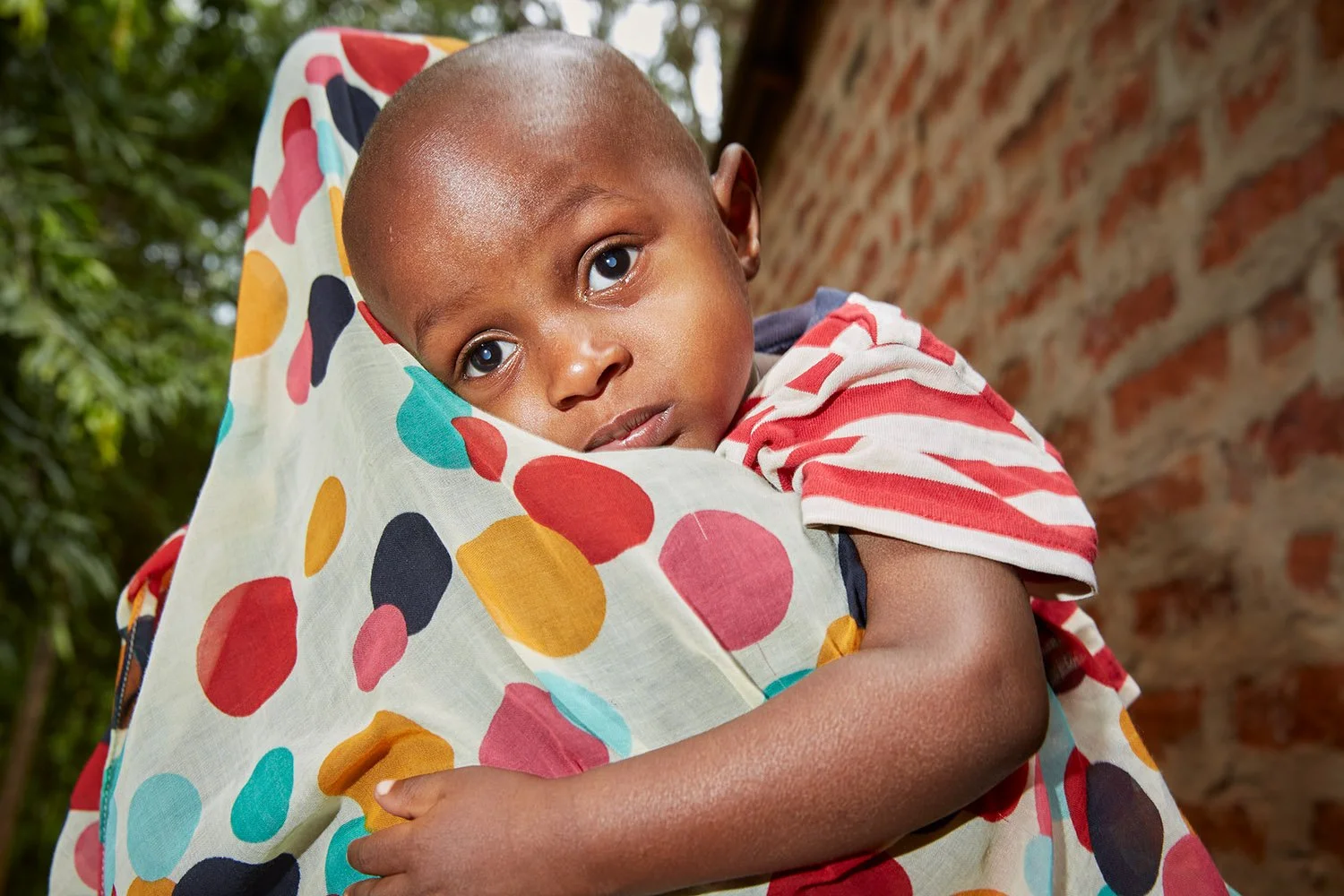
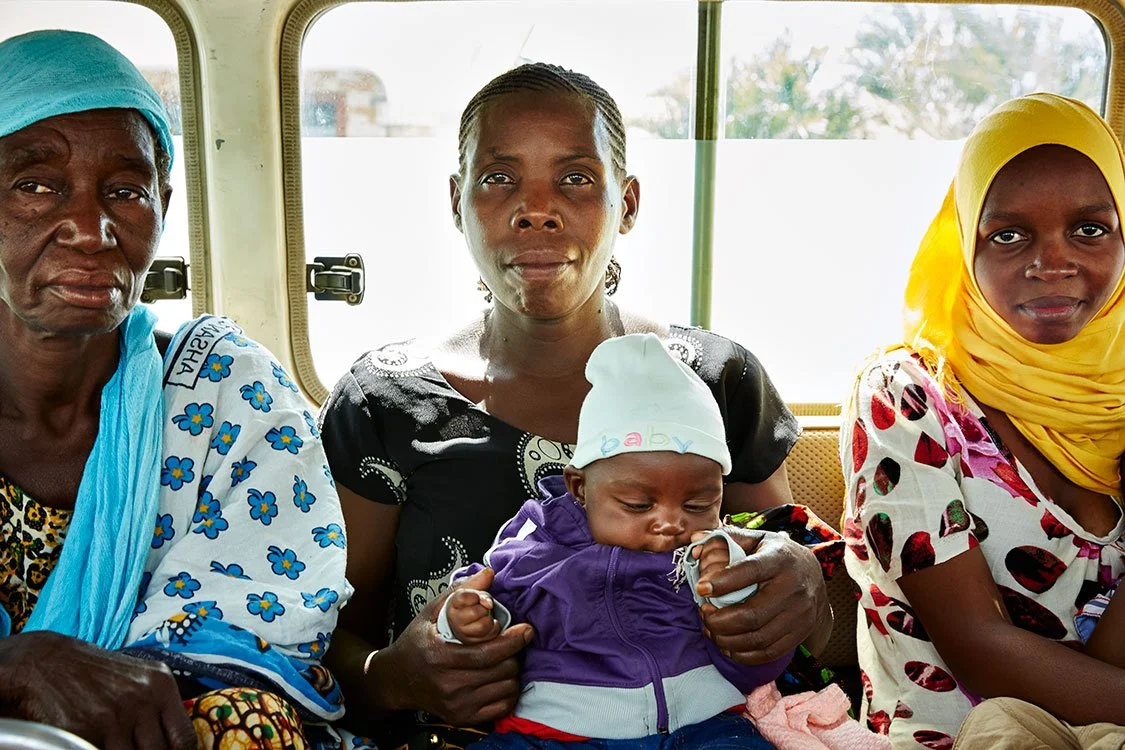
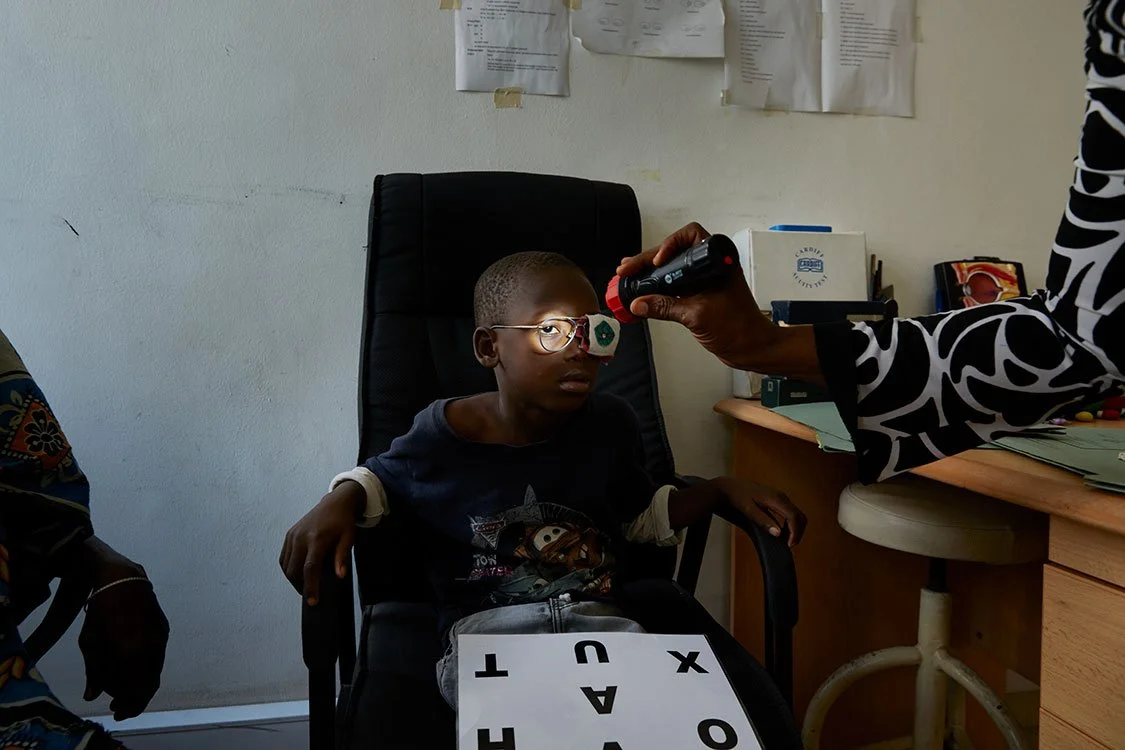

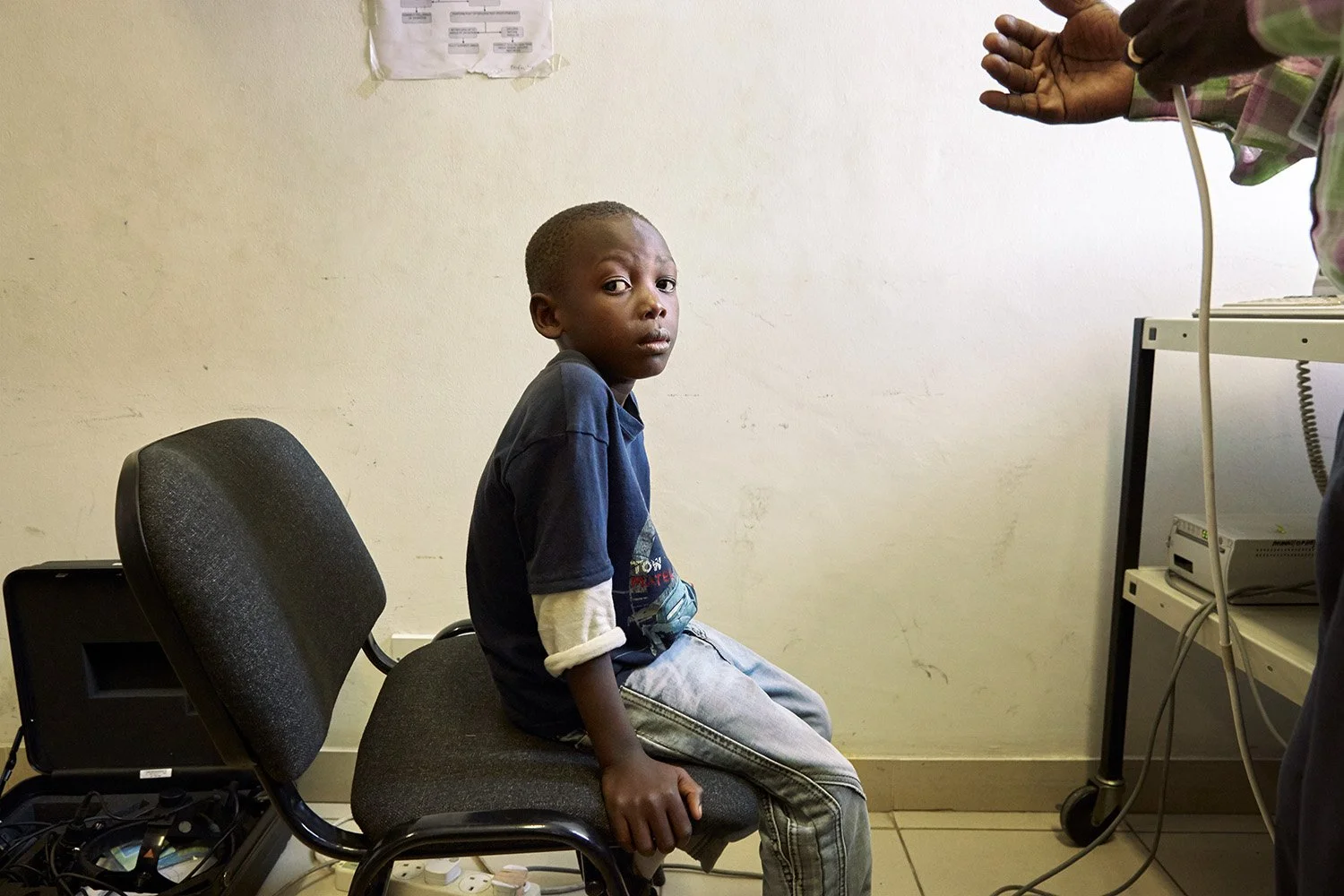
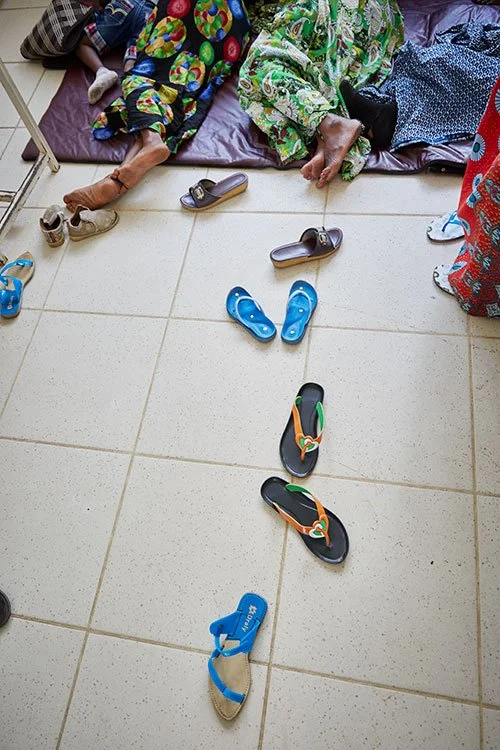
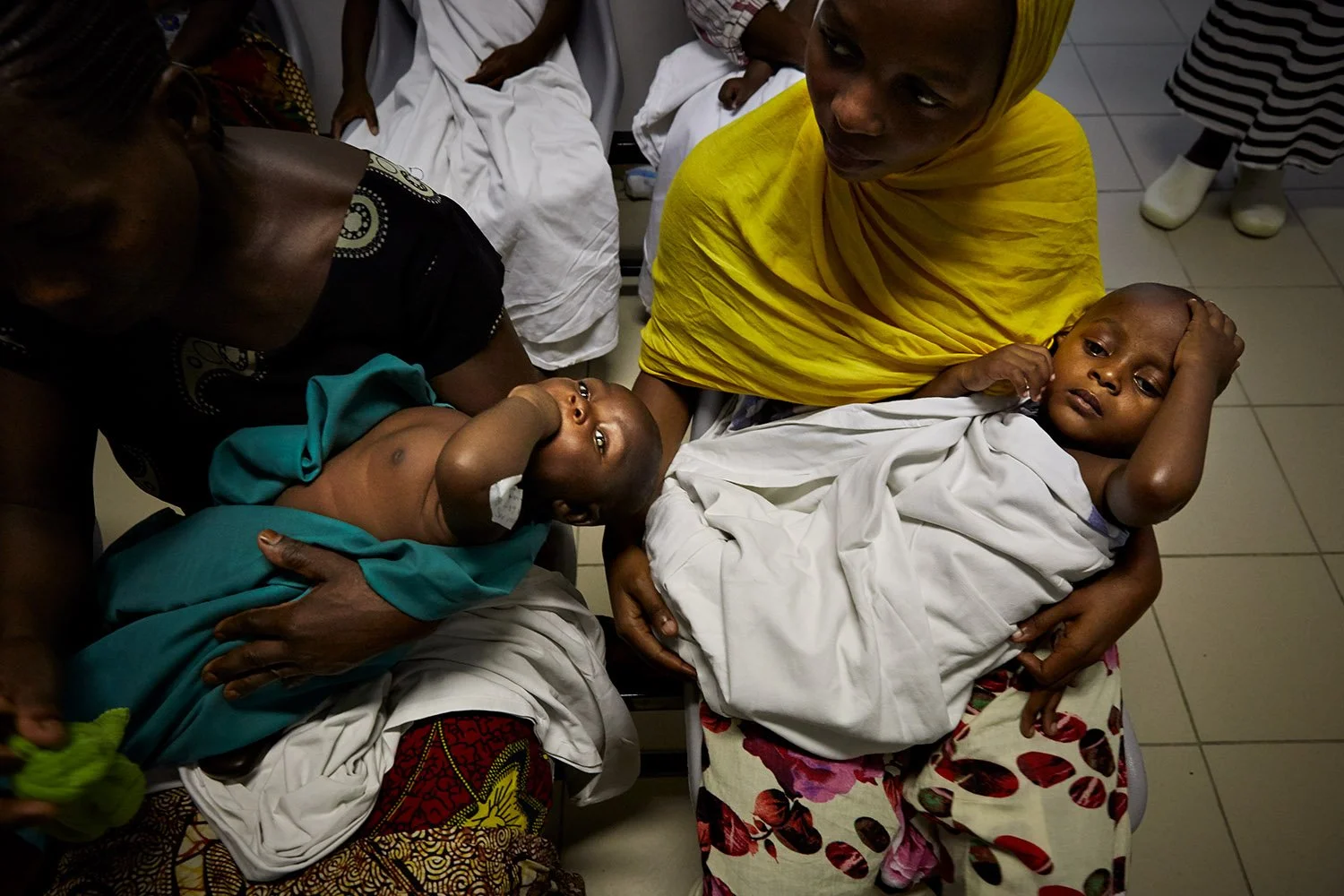
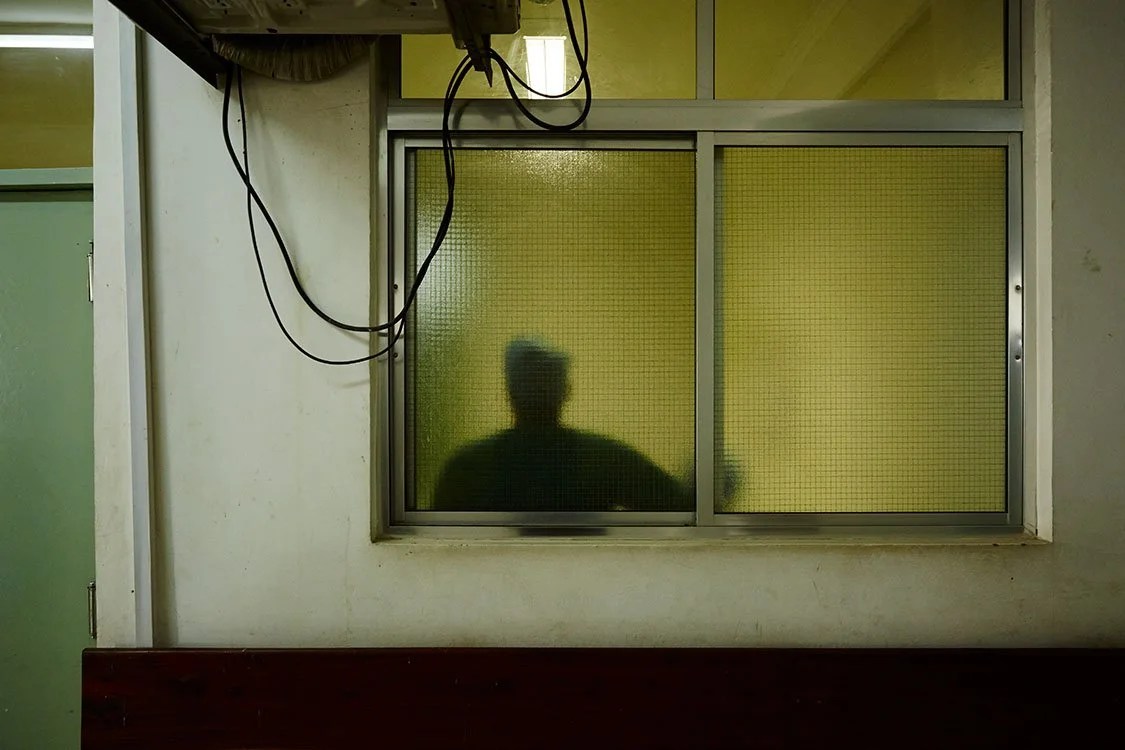
![Baraka is taken into the operating theatre, Muhimbili Hospital, Dar Es Salaam, Tanzania, 2016. Dr Nyaluke: “The difference between [cataracts in] adults and children is that adults can be done under local anaesthesia so we just give an injection, and](https://images.squarespace-cdn.com/content/v1/68d262535c1c177f65461d90/1758618248882-1Z4T38DEIFF21U5XCE1E/_P3C6311_JuliaGunther.jpg)
